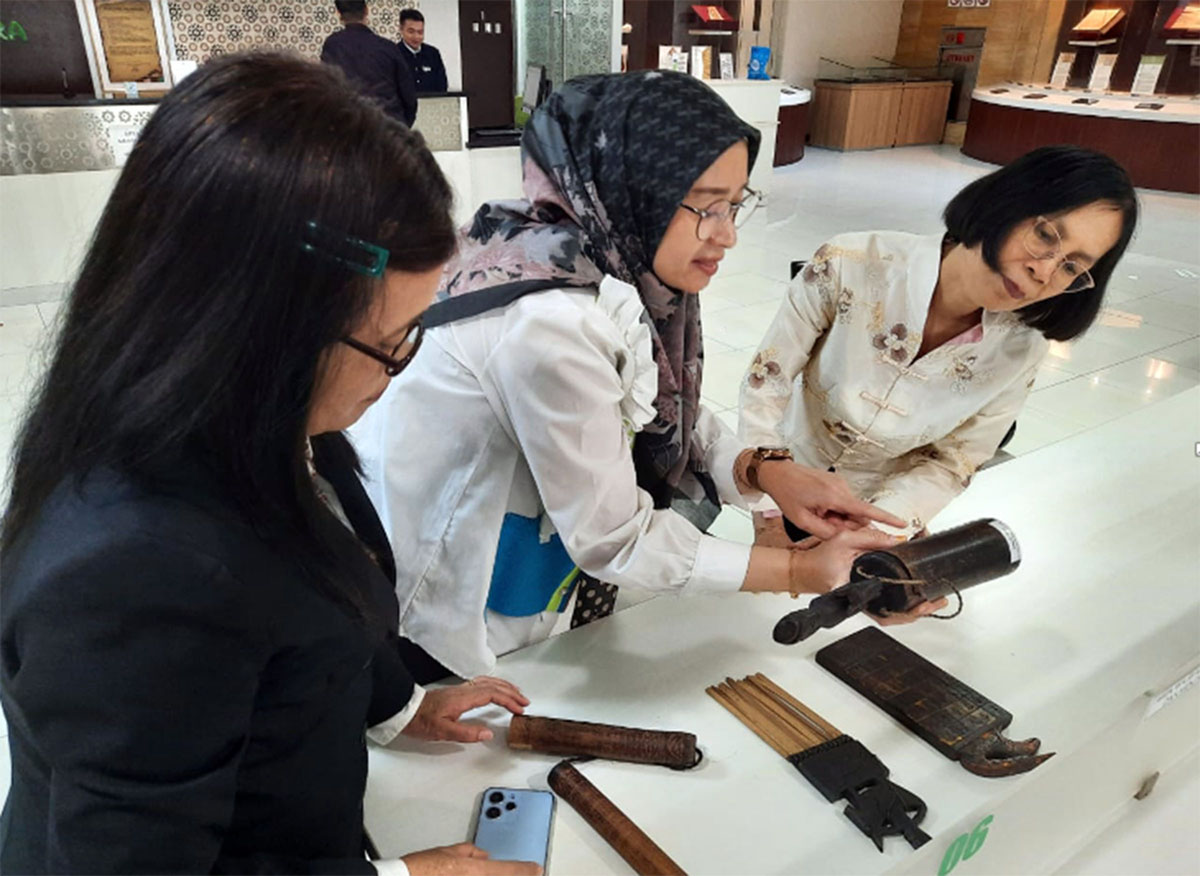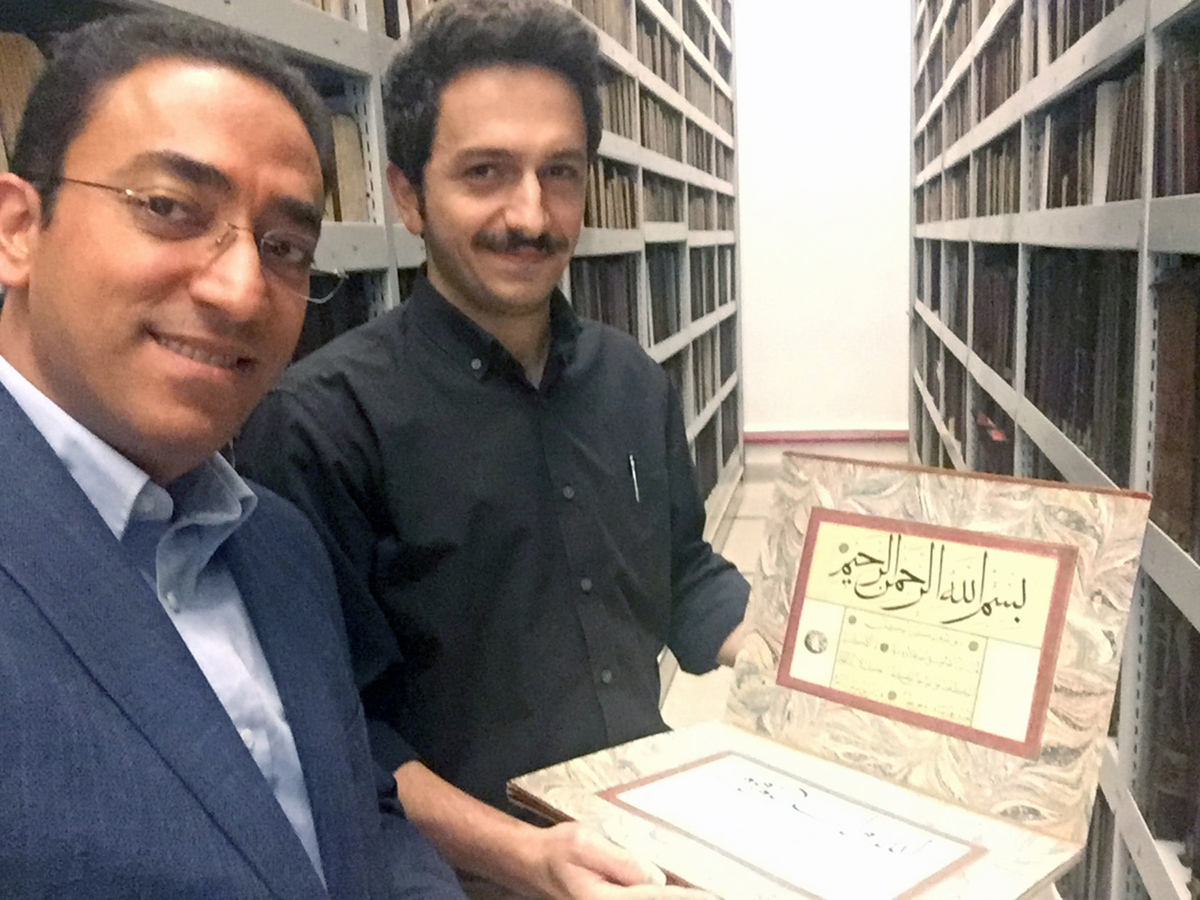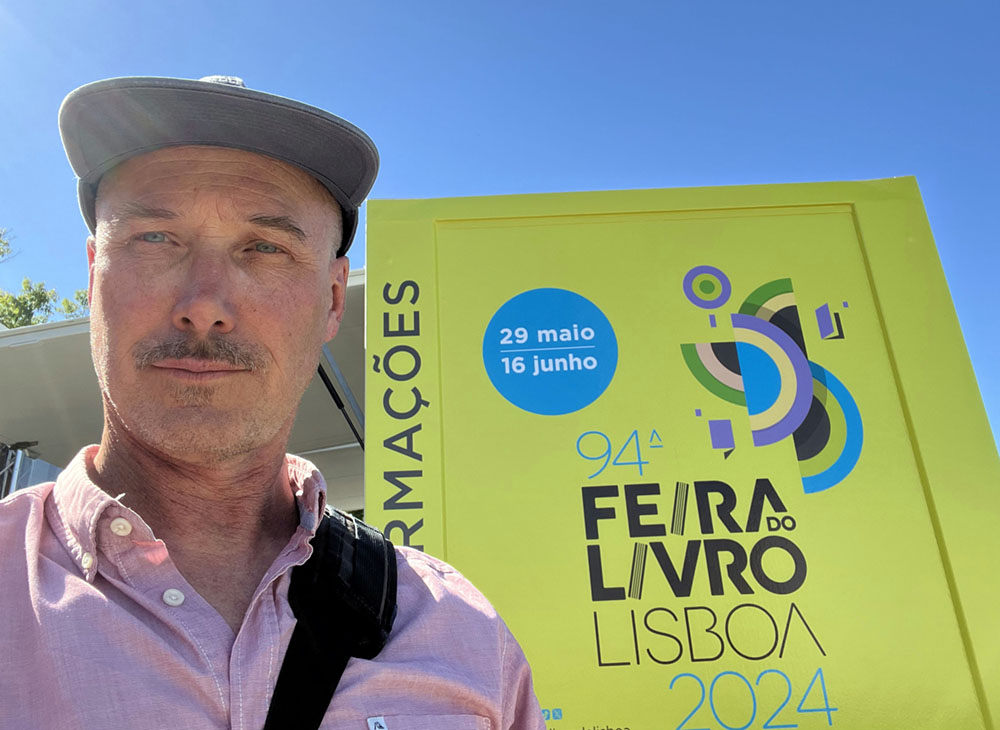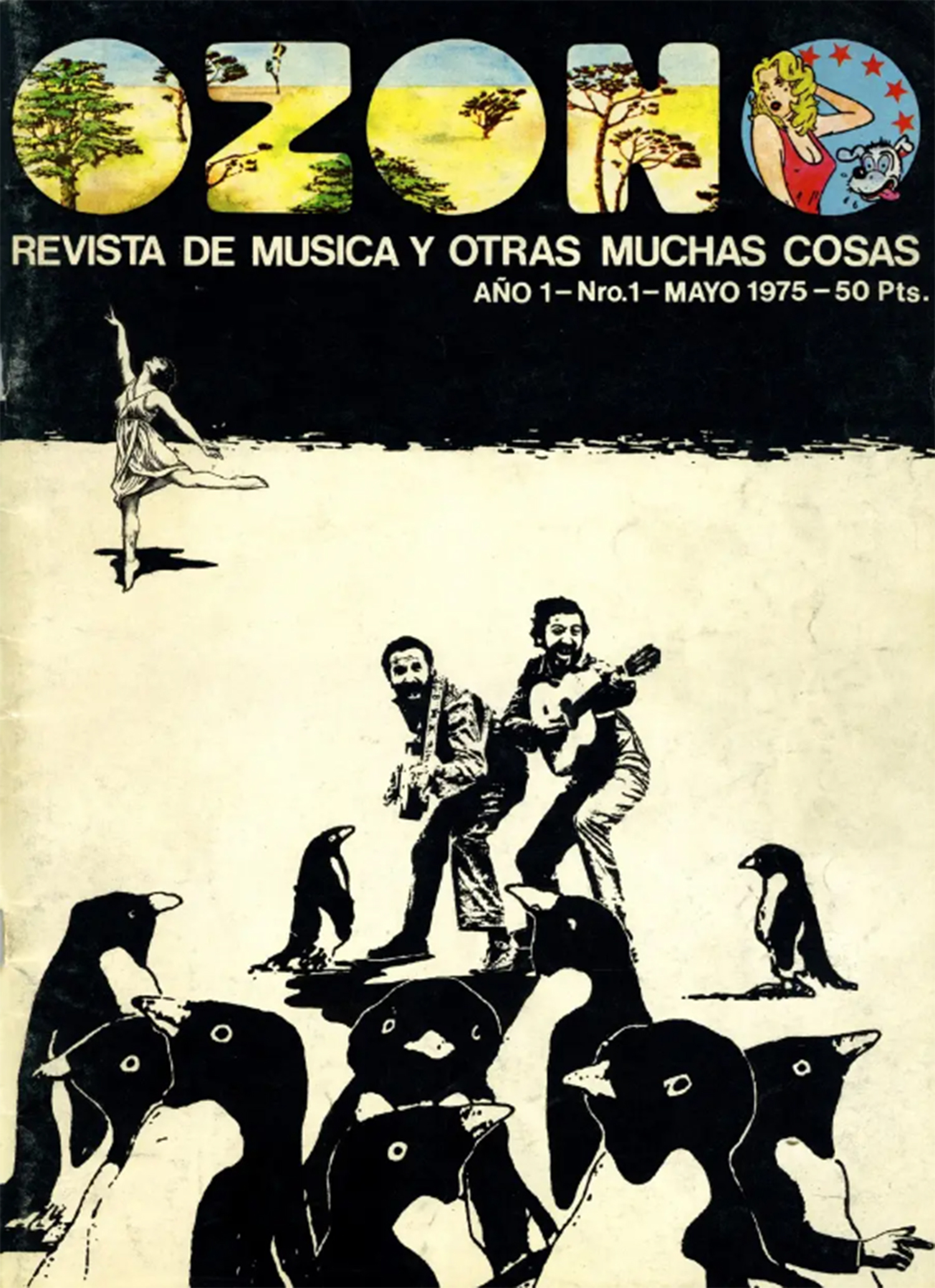
One thing Virginia Shih did not think to pack for her trip to Southeast Asia? Waterproof boots.
As the librarian sat in her room in Manila watching typhoon rains turn the streets into streams, she wondered if her meticulously planned trip might also be headed down the drain.
Shih, the curator for Southeast Asia and Buddhist studies collections at the UC Berkeley Library, was in town late last summer for the Manila International Book Fair, among other activities. The visit was the first stop on a monthlong trek to four of the region’s capital cities: Manila, Jakarta, Hanoi, and Taipei, with the intent of purchasing materials and cultivating relationships to support Berkeley scholars.
Instead of letting the storm sink her plans, she took a lesson from the locals and decided to go with the flow. She bought a pair of boots and got to work.
“For our unique collection, you really have to be there,” Shih says. “You have to spend the time to get to know people in their own countries, to build goodwill and cultivate relationships, so they know you are genuinely interested in their work.”
Shih engaged with local communities in a variety of ways on her multicountry sojourn, which was funded by UC Berkeley’s Center for Southeast Asia Studies.
Eye-opening odysseys such as these, often called “acquisition trips,” take librarians across the globe — so they can bring the world to Library users. Librarians acquire books and knowledge, meet vendors and colleagues, and often serve as cultural emissaries to places far from campus. It’s a little-known part of some librarians’ work, and a change of pace from days spent teaching classes and fielding research questions.
Texts in context
For Mohamed Hamed, Berkeley’s Middle Eastern and Near Eastern studies librarian, acquisition trips can be a great way to identify and purchase books that aren’t offered by vendors.

Hamed says the vendors send lists of whatever materials they can get, and often that means items that are popular and can make a good profit. Most times, the vendors select items that meet the needs of most researchers; however, a librarian with a deeper understanding of a particular faculty member’s research area can identify unique and applicable resources.
On a recent trip to Qatar, Hamed visited the country’s national library for a tour of its collection. Hamed mentioned to his guide that a Berkeley faculty member was teaching about medieval Arab scientists’ contributions to advancements in European civilization. The next day, the colleague presented Hamed with two copies of a book called Treasures from the Arab Scientific Legacy in Europe, which documents related items held in the national library.
“When I gave it to the faculty (member), … he was super happy,” Hamed recalls. “He said, ‘Wow, this is what I was looking for. I have been searching for a long time for something like this.’ ”
Hamed adds that trips are often more about seeking knowledge than buying materials.
While on the same visit, Hamed attended a conference about the impact of artificial intelligence on Middle East studies. The trip was funded through a grant from UC Berkeley’s Center for Middle Eastern Studies. Hamed learned how librarians, publishers, and service providers in his field are using AI to enhance their work for tasks such as research support, text translation, and cataloging.
Claude Potts, Berkeley’s librarian for Romance language collections, says that his trips aren’t as much about book-buying as book discovery. Most Western European materials can be bought online, thanks to strong distribution channels.

Potts typically anchors his trips around another purpose, for example, an international book fair or conference. But he always takes time to meet with vendors and visit bookstores. He photographs books that seem noteworthy, and researches them later.
“The trip is not actually about bringing things home physically, but getting exposed to those publications in a way that is completely in context of the culture in which they’re produced,” he says.
Fate does sometimes intervene. He was once in a bookstore in Madrid looking for primary sources from the Spanish Civil War when something else caught his eye — Spanish cinema magazines from the 1930s. The journals cover the Spanish film industry during the pre-Civil War period, which Potts describes as a time of social and cultural prosperity in the country. The journal runs are a treasure trove for those studying the Spanish Republic and cinema during that period. The acquired copies are some of only a few in the United States.
For Shih, acquisition trips present an opportunity to purchase artwork directly from creators. While in Vietnam, Shih visited the gallery of revered artist Nguyễn Thị Oanh. Shih interviewed the painter, who is known for her gorgeous Đông Hồ folk art created on old woodblocks, and purchased several colorful prints.
Shih has 50 similar pieces arranged by theme at the South/South East Asia Library. They depict everything from Vietnamese legends to landscapes to daily activities.
Bridge-building
All three librarians emphasized how valuable the trips are for connecting with colleagues in person and deepening relationships with vendors.
“These book dealers, they’re not just salespeople who supply us with things,” Potts says. “They are real people who are genuinely interested in what they do. And often the specialized bookstores you visit are family owned, or there are individuals who represent the bookstore who are like cultural ambassadors.”

Potts recounts one visit to Arrebato Libros, a bookstore and publisher in Madrid focused on poetry and secondhand materials. The owner knew his interests and pointed him to issues of Ozono: Revista de música y otras muchas cosas, from 1975-79. Potts says the journal is credited with spreading arts and culture previously censored under dictator Francisco Franco. Potts wound up purchasing a complete run of the journal, which is held at only two libraries in North America.
“If I didn’t have the connection to that bookstore and this book dealer, I am certain that acquisition would not have taken place,” he says. “And that is a really valuable one.”
Hamed also sees these trips as avenues for building a strong network that can benefit the UC Berkeley community.
The Library was the first in the U.S. to have access to the al-Mandumah database, for example, because of a connection Hamed made in Jordan in 2015. Hamed describes al-Mandumah as one of the world’s largest online databases for Arabic scholarly output. Over the course of several years, Hamed’s relationship with the contact deepened, and he was able to negotiate a more reasonable subscription price.
But Hamed knew the hefty cost of the database might be unsustainable long term, so he began conversations with colleagues at other U.S. institutions. As a consortium of libraries, the group was able to make the database widely available at a reasonable cost.
Ultimately, Hamed says his work abroad is about building a bridge between two often disparate worlds. He also aims to bring forward underrepresented voices from the Middle East to enhance teaching and learning in the field in the U.S.
“I feel like the connecting point between that part of the world and researchers here in the U.S.,” he says. “And I am trying to help them both get to that specific point where they understand and support each other.”